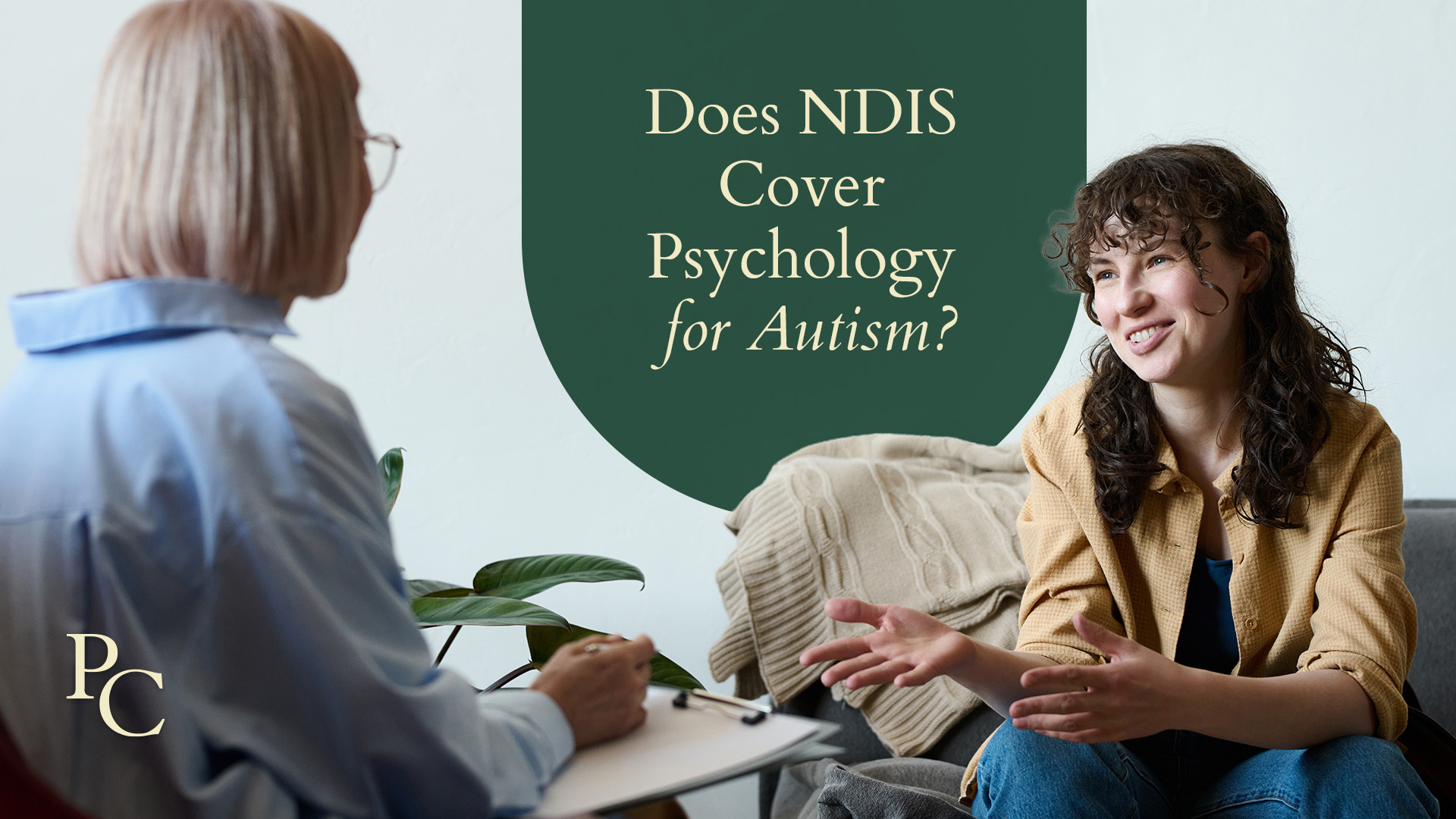

Answer:
Yes, the NDIS does cover psychology for autism when it is considered reasonable and necessary to support a participant’s goals and daily functioning. Through NDIS psychology funding, individuals with autism can access assessments, therapy, and behavioural interventions to improve emotional wellbeing, social skills, and independence. The level of support depends on your NDIS plan and whether psychology services are part of your approved funding categories.
The National Disability Insurance Scheme (NDIS) provides funding to help Australians with disabilities access the support they need to lead more independent and fulfilling lives. For individuals with autism, this can include therapies such as speech therapy, occupational therapy, and psychology.
Autism is recognised as a developmental condition that can affect communication, behaviour, and social interaction. Because of this, many NDIS participants with an autism diagnosis qualify for psychological support to assist in managing emotions, building life skills, and improving relationships.
So if you’ve ever wondered, “Does NDIS cover psychology for autism?” The short answer is yes, but the amount and type of funding depends on your specific needs and goals.
A common question people ask is “Does NDIS cover psychology?” The NDIS will fund psychology services if they are considered reasonable and necessary, meaning they directly relate to the person’s disability and help improve their daily functioning.
In the context of autism, NDIS psychology funding often applies when therapy can help with:
The NDIS focuses on improving long term outcomes rather than providing short term or medical based treatment. This means that while clinical or diagnostic assessments might be done through healthcare services, ongoing psychological therapy that helps with life skills and independence can often be included in an NDIS plan.
Psychology can play a vital role in helping people with autism navigate everyday challenges and reach their goals. Under NDIS psychology funding, participants can work with registered psychologists who specialise in autism and developmental support.
Psychological therapy may focus on areas such as:
These therapies are evidence based and tailored to each person’s individual goals, helping both children and adults with autism to improve confidence and everyday functioning.
To access NDIS psychology support, you first need an approved NDIS plan that includes funding under the Capacity Building support category. Within this category, psychology services usually fall under Improved Daily Living.
Here’s how the process typically works:
If you’re still unsure, ask your planner directly “Is psychology covered by NDIS in my plan?” can help clarify what’s included.
Sometimes participants find that their plan doesn’t yet include funding for psychology. If that happens, you can request a plan review. To support your case, it’s useful to gather letters or reports from your doctor, therapist, or school that show why psychological support is necessary for achieving your goals.
It’s also important to describe how the therapy will help improve daily life, for example, helping manage anxiety, improve social confidence, or increase participation in community activities. The clearer you are about these benefits, the stronger your case will be for receiving NDIS funding for psychology.
Another question people often ask is, “Is psychology covered by NDIS or Medicare?”
Both can fund psychology, but they serve different purposes:
You can use either option depending on your goals, but many people with autism prefer NDIS psychology because it allows for longer term, consistent support.
When selecting a psychologist under the NDIS, look for someone experienced in working with autism and developmental differences. A psychologist who understands the sensory, behavioural, and communication needs of people with autism can make a significant difference in outcomes.
It’s also a good idea to check:
Building a trusting, supportive relationship with your psychologist is key to achieving positive results.
If you’ve been wondering “Does NDIS cover psychology for autism?” The answer is yes. The NDIS can fund psychological support when it helps improve everyday life and aligns with your goals. Psychology plays a vital role in helping people with autism manage emotions, build social confidence, and increase independence.
Whether you’re just starting your NDIS journey or reviewing your current plan, remember that you can always ask your planner “Is psychology covered by NDIS in my plan?” to make sure you’re accessing all the support available to you.
With the right NDIS psychology services, individuals with autism can gain valuable tools to thrive at home, in school, and in the community, empowering them to live more confidently and independently.











